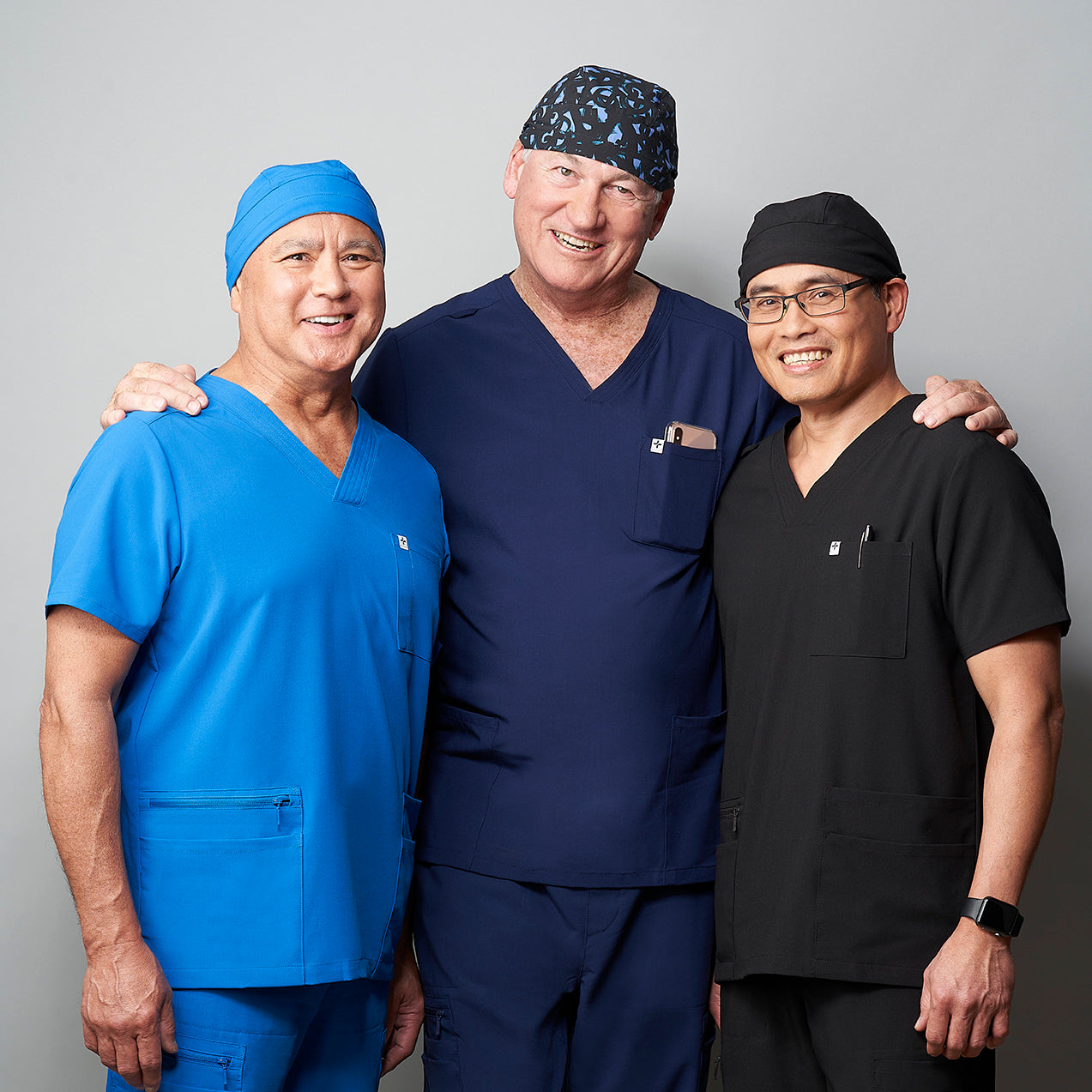Introduction:
 Clinical rotations are an integral part of medical education, affording aspiring healthcare professionals the invaluable opportunity to immerse themselves in practical experience and gain firsthand exposure to authentic patient care scenarios. Flourishing within these clinical rotations holds significance not only in establishing a robust medical foundation but also in cultivating indispensable competencies and forging professional connections. In this article, we will delve into ten invaluable insights designed to optimize your engagement during clinical rotations, laying the cornerstone for a prosperous medical vocation.
Clinical rotations are an integral part of medical education, affording aspiring healthcare professionals the invaluable opportunity to immerse themselves in practical experience and gain firsthand exposure to authentic patient care scenarios. Flourishing within these clinical rotations holds significance not only in establishing a robust medical foundation but also in cultivating indispensable competencies and forging professional connections. In this article, we will delve into ten invaluable insights designed to optimize your engagement during clinical rotations, laying the cornerstone for a prosperous medical vocation.
1. Cultivate Proactive Learning Enthusiasm:
Infuse your clinical rotations with an eager pursuit of knowledge and a passion for proactive involvement. Take the initiative to actively pursue learning prospects, engage in insightful conversations, and proactively participate in patient care. This underscores your dedication to the field and your commitment to contributing effectively to the healthcare team.
2. Nurture Constructive Relationships:
In healthcare settings, effective communication and seamless teamwork are indispensable. Dedicate time to establishing robust, respectful relationships with your preceptors, attending physicians, nurses, and fellow medical peers. A positive disposition coupled with adept interpersonal aptitudes will significantly contribute to cultivating a nurturing learning environment.
3. Champion Organizational Excellence:
Clinical rotations often entail multifaceted demands, involving a multitude of patients, tasks, and responsibilities. To ensure you capture the full scope of learning opportunities, honing exceptional organizational skills is paramount. Maintain meticulous records of patient details, appointments, and educational objectives, orchestrating your schedule meticulously to maximize your engagement.
4. Master Clinical Proficiency:
Harness your clinical rotations as an optimal platform to hone your hands-on skills. Allocate substantial focus towards refining fundamental clinical competencies, encompassing precise patient history-taking, meticulous physical examinations, and adept interpretation of diagnostic assessments. Solicit feedback from mentors to fuel continuous enhancement.
5. Punctuality and Reliability:
Within healthcare, the virtues of effective time management and reliability are held in high regard. Commence your rounds, meetings, and patient interactions punctually. Cultivating a reputation for dependability underscores your professionalism while reinforcing respect for colleagues and patients alike.
6. Elicit Feedback and Apply It:
Constructive critique serves as a potent catalyst for advancement. Regularly solicit feedback from preceptors and mentors, embracing their suggestions for enhancement. Demonstrating openness to this feedback and translating it into actionable improvement further amplifies your capabilities.
7. Stay Current and Engaged:
Keep your knowledge current by staying attuned to contemporary medical literature and guidelines pertinent to the specialty under your rotation. Routinely peruse medical journals, engage in seminars, and participate in discussions to augment your reservoir of knowledge.
8. Exemplify Professionalism:
Professionalism should be the hallmark of every facet of your clinical rotations. Adhere to appropriate attire, communicate with efficacy, and ensure the confidentiality of patient information. Merge empathy and compassion with an unwaveringly professional demeanor.
9. Embrace Challenges:
Anticipate encountering challenges during clinical rotations, including intricate cases or situations with nuanced decisions. Rather than shying away from these scenarios, embrace them as invaluable lessons in your learning journey. Embrace the prospect of committing errors, recognizing them as integral components of the learning continuum.
10. Self-Care as Priority:
Lastly, the significance of attending to your own well-being during clinical rotations cannot be overstated. Given their potential for physical and emotional strain, prioritizing self-care is imperative. Cultivate adequate rest, nourish your body, engage in physical activity, and adopt effective stress management techniques.
Conclusion:
Clinical rotations act as a pivotal stepping stone on your trajectory towards a triumphant healthcare profession. By exhibiting proactive engagement, fostering constructive relationships, mastering clinical skills, and consistently adhering to professionalism, you can extract maximum value from your clinical rotations. Grapple with challenges, actively seek feedback, and tend to your well-being to guarantee a gratifying and accomplished medical career that lies ahead. Armed with tenacity and a fervent commitment to learning, your clinical rotations can metamorphose into a dynamic launchpad propelling you toward an illustrious future in the realm of medicine. Wishing you every success!
Interested in learning more about evolving your medical career? Check out these blogs:










Leave a comment (all fields required)